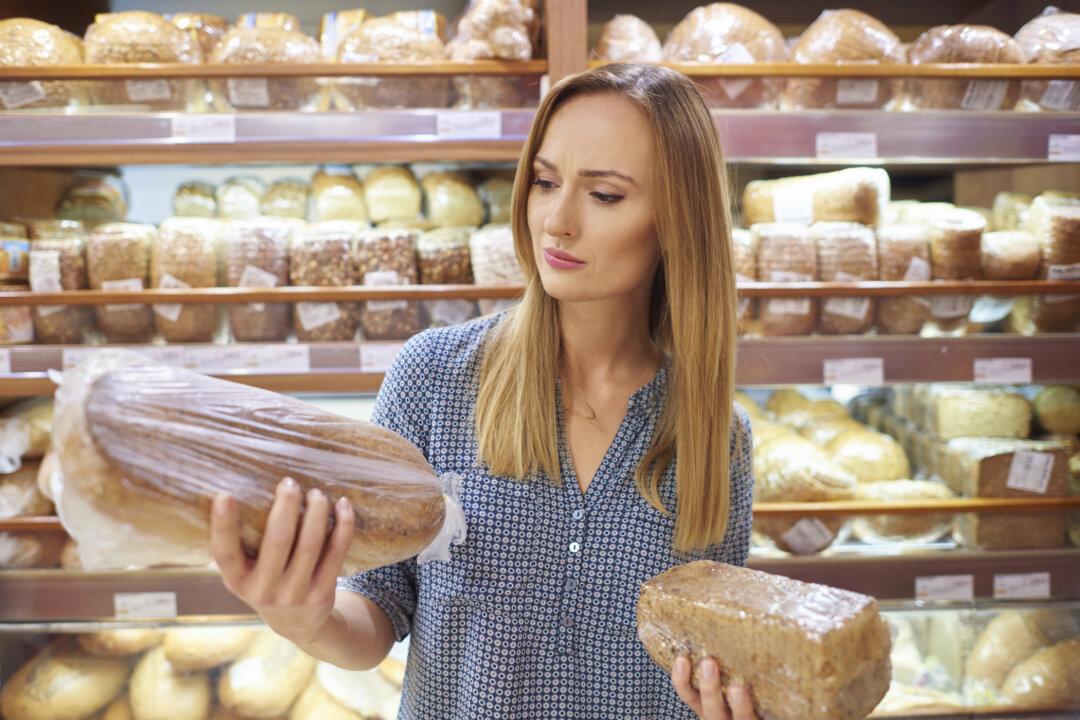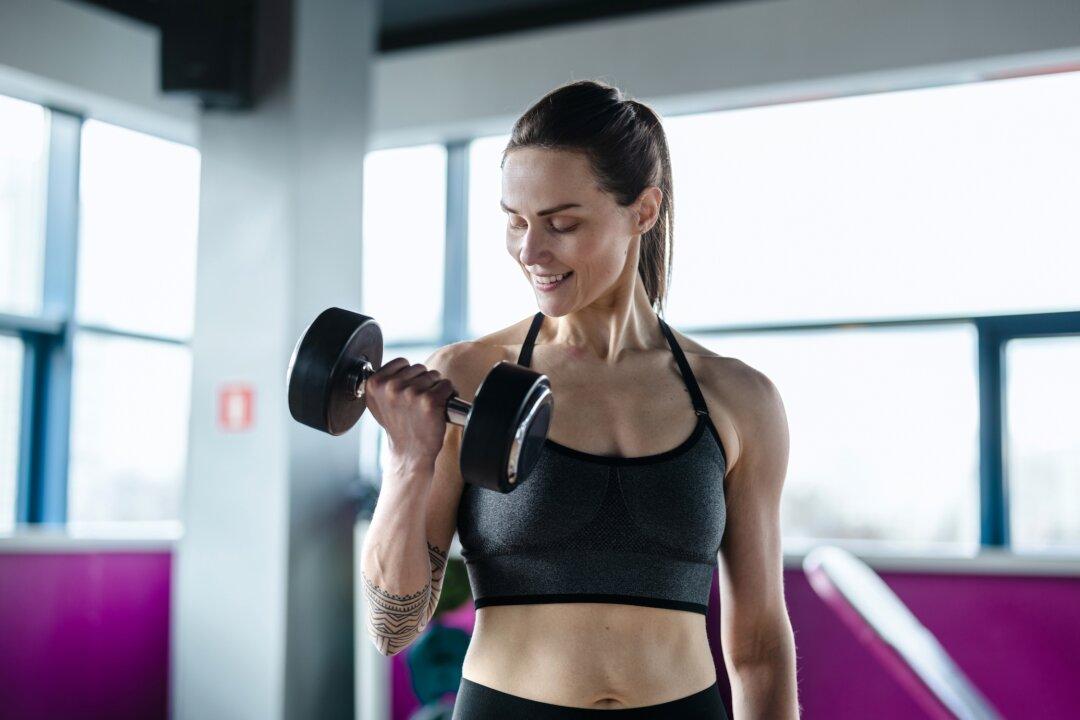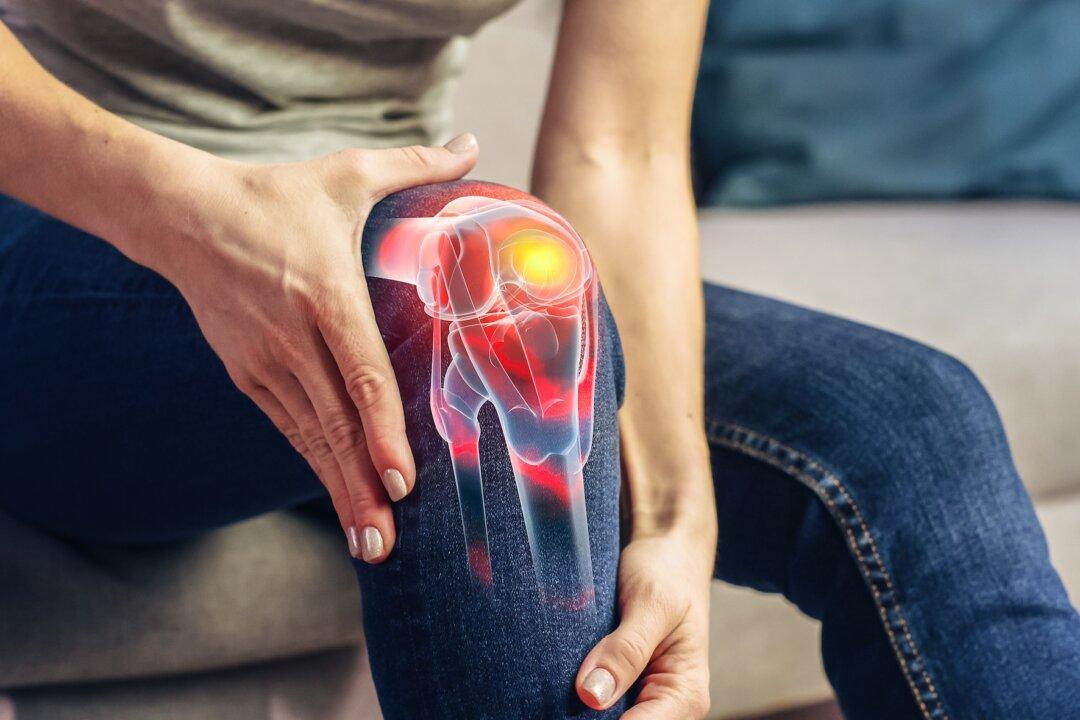Muscle cramps occur most often at night when you are sleeping, but they also can occur when you exercise vigorously, tear a muscle, or keep one leg in an awkward position, such as sitting in a chair in the same position for a long time. Muscle cramps are classified into those that occur during exercise and those that can occur at any time not related to exercise, usually at night.
Cramps That Occur During Exercise
Lack of electrolytes is a more common cause of muscle cramps during exercise than lack of water (BMJ Open Sport Exerc Med, Mar 5, 2019;5(1):e000478). Electrolytes are minerals that are essential for body functions, including sodium, potassium, calcium, bicarbonate, magnesium, chloride, and phosphate. Having low blood levels of sodium (salt) is a well-known cause of muscle cramps. Dehydration, by itself, is a far less common cause of cramps. You can be salt deficient and still have normal blood levels of electrolytes.Researchers in Australia studied runners who drank either plain water or an electrolyte solution before and after exercise. They found that the runners were at increased risk for suffering muscle cramps when they drank plain water, probably because water dilutes the electrolyte concentration in the body and doesn’t replace what they lost through sweating (J Int Soc Sports Nutr, Mar 15, 2021;18(1):22). In this study, 10 men ran multiple sessions on a downhill treadmill in a hot (95 degree F) room for 40 to 60 minutes, to sweat enough to lose 1.5-2 percent of their body weight (about two pounds). They were then tested before, immediately after and 40 minutes after exercising, with two trials: first, drinking plain water; and second, drinking an electrolyte solution. The tests used a special device that electrically stimulated their calf muscles enough to cause muscle cramps. The runners developed muscle cramps on much lower electrical stimulation frequencies after drinking plain water then after drinking the electrolyte solution. These results suggest that lack of electrolytes is more likely to cause muscle cramps than just lack of water (dehydration).





